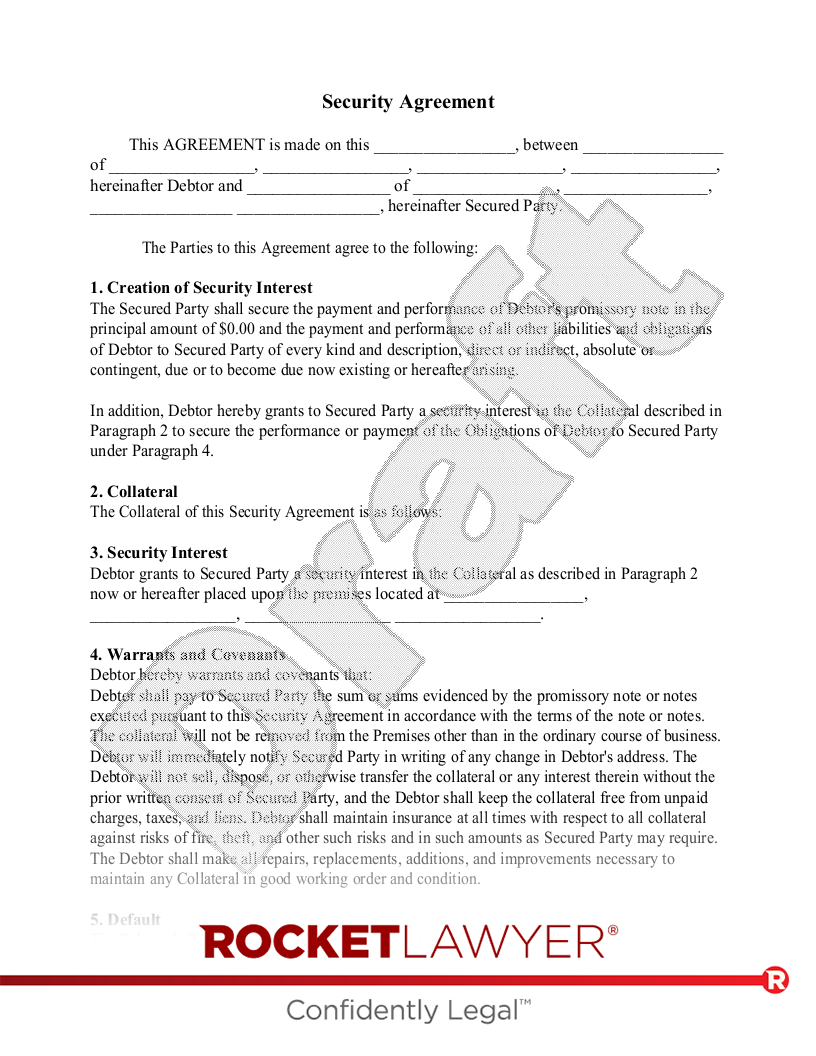Personal finance
Manage your money confidently. Let us help with the legal.
- Phyllis T.
- Rocket Lawyer member since 2013
Ask us anything legal.
Get instant Al insights with Rocket Copilot or talk to a Legal Pro.

Need a legal answer? Choose your path
Try Rocket Copilot (Beta) for instant answers!
Need more personalized guidance? Ask your questions, and our Legal Pros will respond within 1 business day.
Legal guides
-
- Do I Need To Pay Taxes on Private Sales Transactions?
- 2 min read
-
- How to Amend a Tax Return
- 3 min read
-
- Is It Legal To Have More Than One Job?
- 3 min read
-
- How To Stop a Business From Collecting Personal Data
- 3 min read
-
- Does an Eviction Affect Your Credit?
- 4 min read
-
- How To Save for Retirement Without an Employer's Plan
- 3 min read
-
- Legal Tips for Fixing Your Credit
- 4 min read
-
- 401(k) and 403(b) Retirement Plans
- 2 min read
-
- Tips for Organizing Your Finances During a Recession
- 4 min read
-
- Legal Guide to Investment Property Loans and Financing
- 4 min read
-
- How To Retire Early With a Rental Property and 401(k)?
- 6 min read
-
- How Much House Can You Afford?
- 4 min read
-
- Can I Use My 401(k) To Buy a House?
- 3 min read
-
- From Classroom to Cash Flow: Strategies for Your School Year Side Hustle
- 3 min read
-
- The Ultimate Guide to Updating Your Tax Withholding
- 7 min read
-
- Three New Year's Resolutions to Jumpstart 2025
- 4 min read
-
- Homeowner's Guide To Preventing Foreclosure
- 4 min read
-
- What Term Life Insurance Covers and Why You May Want It
- 4 min read
-
- How To Avoid Disputes When Your Lottery Pool Wins Big
- 3 min read
-
- Legal and Tax Consequences of CrowdFunding
- 3 min read
-
- Gender Pay Gap: Is There One Where You Work?
- 5 min read



